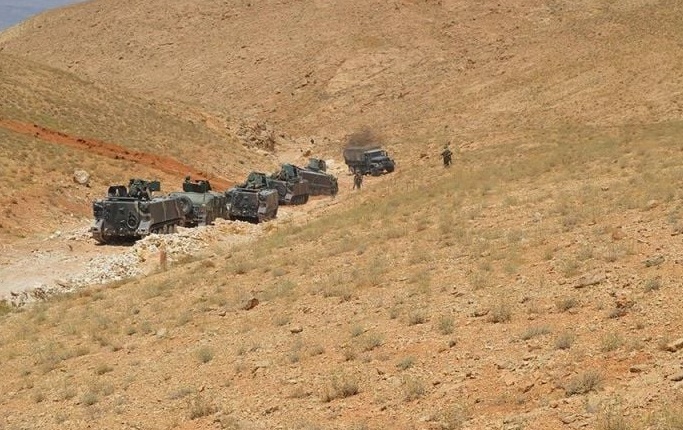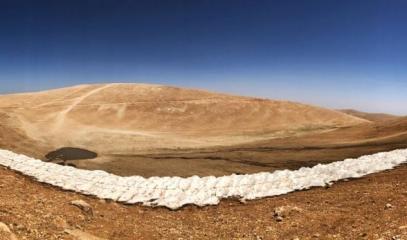North Lebanon, a land dispute inflames tensions between Maronites and Sunnis
At the centre of the dispute is the area on the summit of Qornet Sawda, the highest point of the Mount Lebanon range. It represents a water reservoir of fundamental importance and is disputed by two villages, one Christian, the other Muslim. Two deaths in the last few days, the involvement of the army and (alleged) responsibility of Hezbollah inflame the situation.
Beirut (AsiaNews) - A dispute over the ownership of land on the summit of Qornet Sawda, the highest point in the Mount Lebanon range (3800 metres), between two large villages, the Christian village of Bécharré and the Muslim village of Bqaasifrine (Deniye caza), risks triggering a confessional clash between the populations.
The region is considered a veritable 'water reservoir', thanks to its snow and glaciers, the melting of which in summer feeds aquifers and streams that flow into a dozen or so large natural funnels.
While waiting for the land to be demarcated by a court, the conflict resurfaces every year in the dry season, giving rise to endless disputes between shepherds and farmers in the two villages.
However, on 1 July, the ongoing tension between the two sides resulted in the death of a man from the village of Bécharré, one Haytham Tok, who was shot in the back by a sniper, according to his companions. The victim was part of a group that had pitched a tent on the plateau.
The murder shocked the Christian community. Alerted by the tolling of bells, the men of the village gathered in front of the church of Saint-Saba, with the aim of mounting a punitive expedition.
Aware of the risk of sectarian clashes between Maronites and Sunnis, which would end up going far beyond simple revenge for the bloody affair, the Lebanese army with a barracks in the Becharre area immediately sealed off the roads and paths leading to the peaks of Qornet Sawda.
The military then reminded all the people in the area that the region is a military training zone, forbidden to civilians. At the same time, four helicopters flew over the area, searching for snipers or armed men who had infiltrated.
A few hours later, the discovery of a second victim that the Lebanese army rushed to transport the corpse of a man in his forties, identified by the name of Malek Tok, to the government hospital in the Bécharré region.
According to some versions, which agree with each other, he was killed by the soldiers because of a misunderstanding, perhaps because he had tried to break the blockade imposed by the troops or because he had fired in the direction of one of the helicopters.
The funeral of the two murdered men was celebrated by the Maronite Patriarch himself, Card. Beshara Raï, who called for vigilance and calm. However, MP William Tok of the Lebanese Forces denounced the impunity that the attackers could enjoy, should the public security authorities adopt a "complacent" attitude.
The population of the Christian village "does not intend to wait indefinitely for justice to be done," said the Christian exponent. At the same time, it is known that preliminary investigations conducted by the army have led to the interrogation of about 20 people from Bqaasifrine and six people from Bécharré, but there are no substantial developments at the moment.
There are several different versions of the events, depending on the various sources interviewed. For example, according to the report of a forensic doctor who examined Haytham Tok's body, the latter died from a bullet fired from a distance of no more than twenty metres, and not from a sniper bullet that struck from a greater distance. This version was strongly contested and lawyer Tony Chidiac, close to Becharré MP William Tok, called for the doctor to be charged with perjury.
12/02/2016 15:14








.png)










